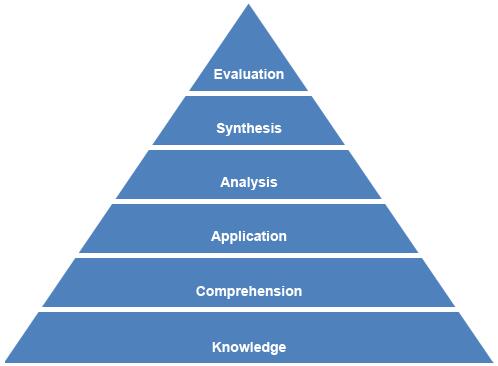Tag: educational objectives
-

What Bloom’s Left Out: A Comparison with Aristotle’s Intellectual Virtues
In the last three articles in this series, I laid out the good, the bad and the ugly of Bloom’s Taxonomy. After the last two posts it is perhaps worth reaffirming the value of Bloom’s project. While I ultimately believe that Bloom and his colleagues may have done more harm than good, I do affirm…
-

Bloom’s Taxonomy and the Purpose of Education
One of the major themes in the classical education renewal movement has been to challenge the utilitarianism of modern education. The purpose of education, the argument has gone, is so much broader and more far-reaching than modern educators are making it out to be. It is not merely job training or college preparation, but the…

